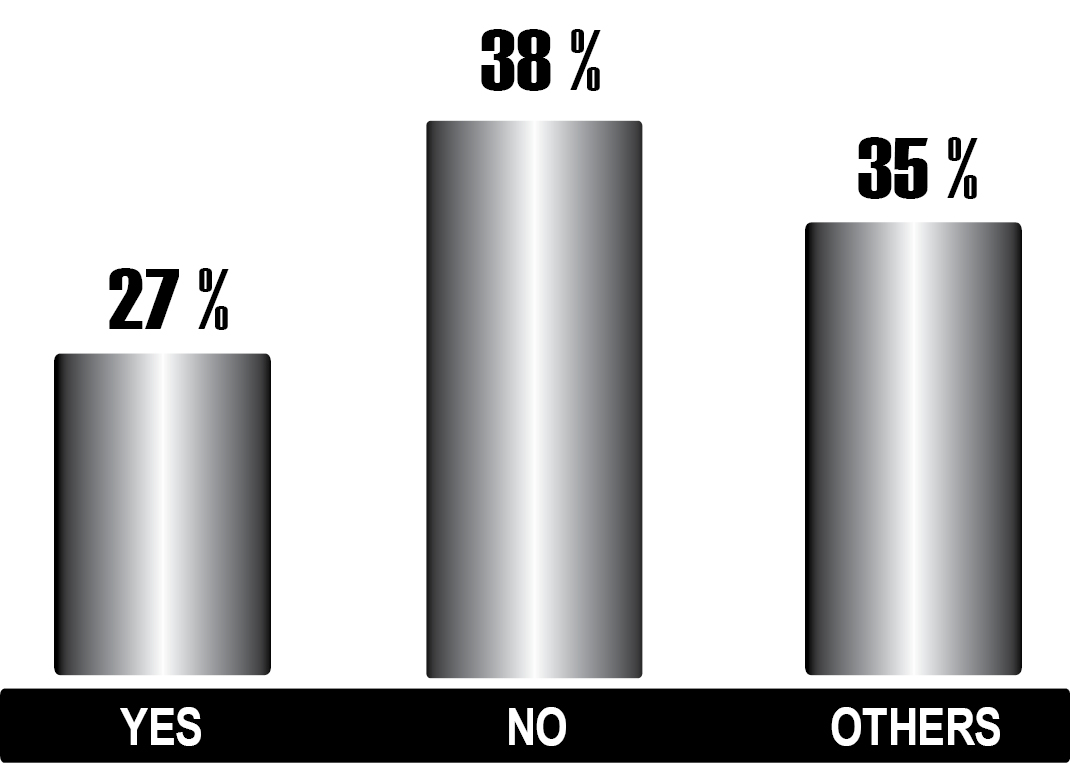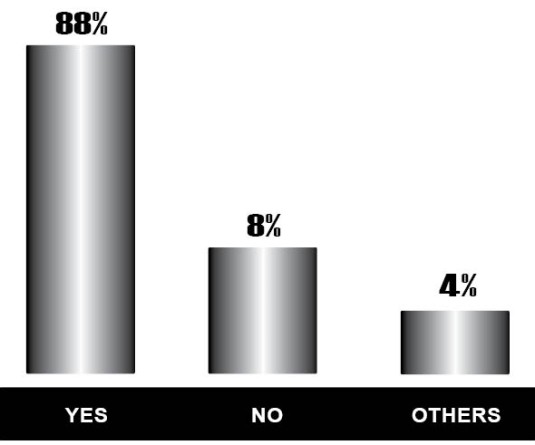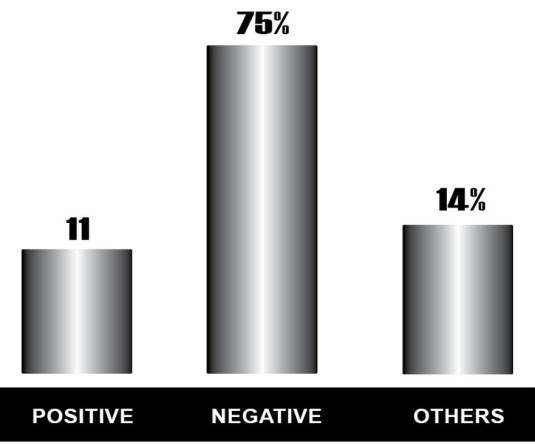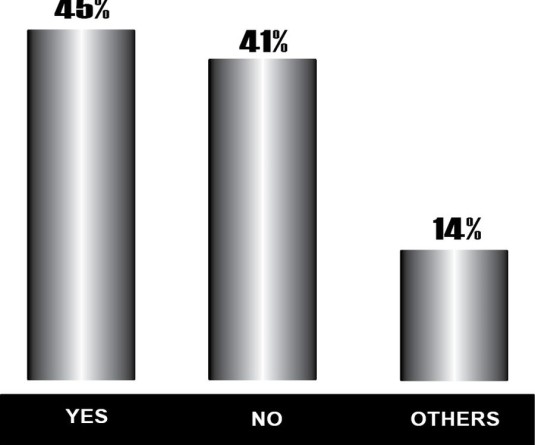1

Some of those who voted YES had this to say:
• Yes. There will be transparency.
• Yes. Digitisation & access to information in public delivery service system have shown significant drop in corruption. For example in railway sector. But this was made possible when computerisation is robust and consistent, and inclusive of all services from the front to the highest level. Also, ensuring personnel are digitally trained and periodically updated with latest technicalities. Not just e-governance, consistent, inclusive and accessible e-governance along with empowered and trained personnel at the forefront is the key. And yes, any e-governance without robust security system is as good as dead or even worse. The security requirements of e-governance system therefore are not only essential, but warranted.
Some of those who voted NO had this to say:
• No. In theory it may seem to help in checking corruption but in reality it only leads to a more sophisticated form of corruption. With majority of the Nagas being computer illiterate, this form of e-governance will likely not work.
• More than 50% of government employee is E-illiterate and also 60% of the citizens are E-illiterate. Even if the government pushes e-governance, the majority will not be even aware. Back in 2003 when E- government was initiated, the government had the biggest task. i.e training the employees of secretariat for 3 months. The result was that you cannot force technology on a person who has no interest or desire even to update their technological skills. If the secretariat office is fully computerised with tech savvy employees, the other directorate will have no choice but to fall in line. In addition, the politicians have to be the first to be IT literate with access to social media accounts. Who will push the e-governance without this? The answer to your poll is quite obvious. Once implemented, E- governance will surely bring accountability and transparency. But as I have said, it depends on whether the employee and the citizen are ready to be trained and learn first.
Some of those who voted OTHERS had this to say:
• Instead of e-governance, the government must first work to ensure normal governance. It sounds good and hip for the government to have e-governance but we know the pathetic condition. Let us first set our foundation right and then we can slowly develop.





